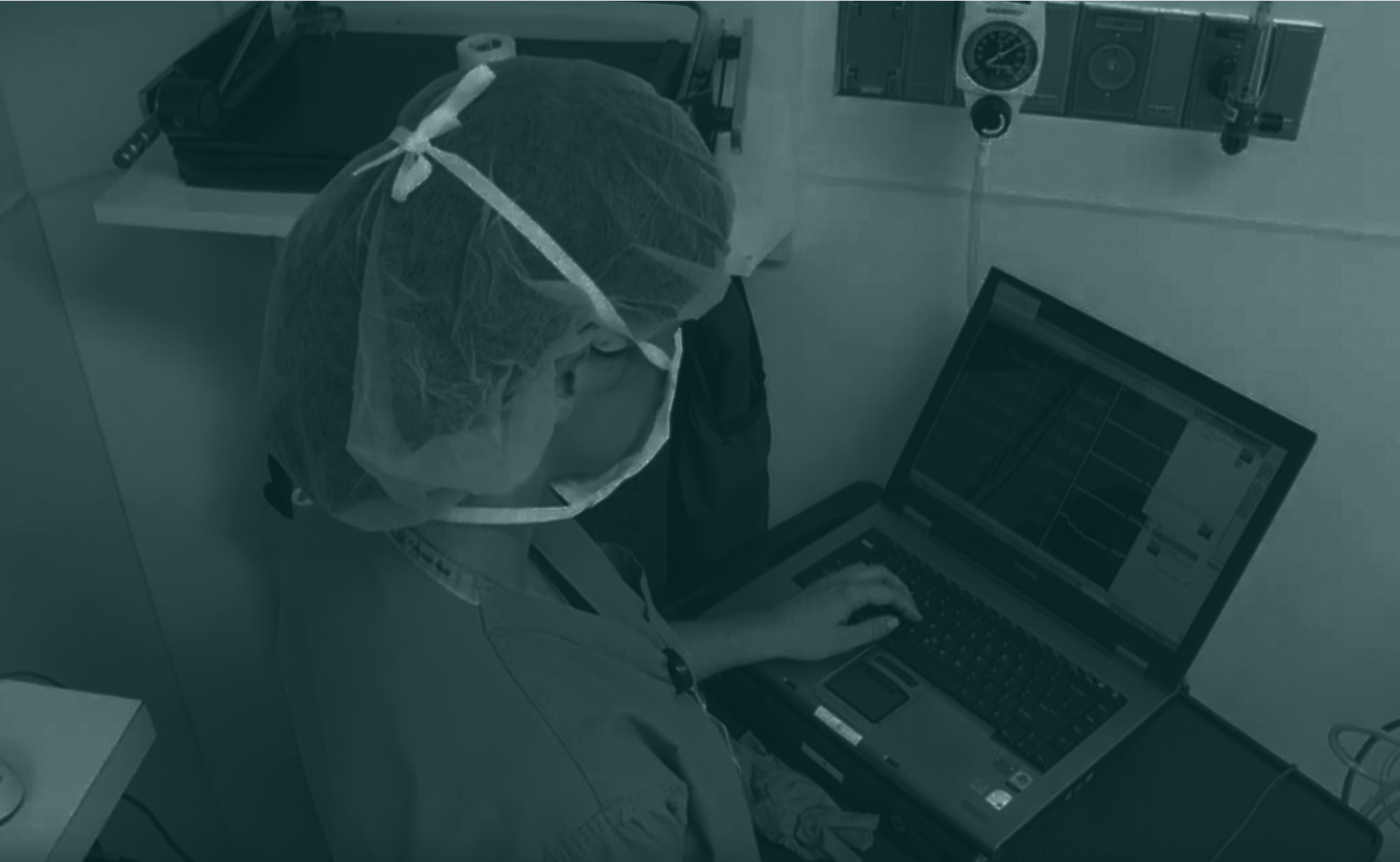
 Communication in the OR is vital to patient health and safety. Late starts, delays and interruptions, decreased surgeon satisfaction, tension in the OR, and clinical errors often can be attributed to miscommunication or the lack of communication. The effect on patients can be devastating, resulting in readmission, a life-long chronic condition, or worse. The Joint Commission and other organizations routinely list communication failure as one of the most frequent causes of sentinel events, but many “never events” and other problems can be avoided with structured processes and an organizational commitment to prioritize communication.
Communication in the OR is vital to patient health and safety. Late starts, delays and interruptions, decreased surgeon satisfaction, tension in the OR, and clinical errors often can be attributed to miscommunication or the lack of communication. The effect on patients can be devastating, resulting in readmission, a life-long chronic condition, or worse. The Joint Commission and other organizations routinely list communication failure as one of the most frequent causes of sentinel events, but many “never events” and other problems can be avoided with structured processes and an organizational commitment to prioritize communication.
Pre-Operative Huddles
Use pre-op team huddles to discuss the patient and the procedure prior to the start of surgery. This study found that conducting huddles can increase surgeon satisfaction, decrease start time delays, and reduce interruptions during procedures. Astonishingly, these benefits can result from huddles of very short duration, often less than one minute.
Huddle Guidelines
- Set a standard time each day
- Use a consistent location
- Stand up, don’t sit down
- Make attendance mandatory
- Limit duration
- Begin and end on time
- Attempt to have the same structure every day
- Keep the agenda to limited items
Discussion Topics
- Procedure overview
- Patient’s record
- Potential concerns
- Staff member expectations
- Staff member responsibilities
Pre-op huddles should include surgeons, surgical support team, anesthesiologists, clinicians, and other staff members from various areas as needed (inpatient floor, patient transport, etc.). Use a checklist to guide the meeting, and be sure to create an environment that allows for questions.
Post-Surgery Debriefing
Conduct post-surgery debriefings as part of a larger continuous improvement effort. Discuss what went well and identify opportunities for improvement. As with the pre-op huddle, the culture must support open dialogue and constructive feedback presented in a professional manner. All participants should understand that the goal of post-op meetings is to improve patient care. We recommend The Joint Commission’s best practices to learn more about debriefing medical teams.
Successful debriefings—those that enhance the culture, advance knowledge, and develop skills in the interest of the patient—are not a simple undertaking, but the benefits can be enormous. This study offers compelling evidence that debriefings improve teamwork, patient safety, and sustained improvement in OR performance.
Patient Hand-off Protocols
Hand-off communications is another area that The Joint Commission has identified as critical to patient safety, estimating that 80% of serious medical errors involve miscommunication during the transfer of patients. Incorrect or incomplete information at hand-off can result in:
- Adverse events
- Omission of care
- Delays in treatment
- Inappropriate treatment
- Increased hospital length of stay
- Avoidable readmissions
- Increased costs
- Inefficiency from rework
Like other activities of where communication is key, hand-offs require a culture that promotes teamwork, respect, and accountability. Members of the team must understand the real goals of the hand-off. Set expectations around the time spent during the transfer and make sure that your people know what constitutes an effective hand-off. The Joint Commission offers a variety of useful information and tools that can help.
Different people communicate in different ways, and not all of us are natural born communicators. But, ample evidence shows that patient health and safety and overall clinical quality can be improved by standardizing processes and creating an environment that promotes open and professional interactions. Too often we take for granted that everyone knows when and how to deliver and receive messages effectively. And sometimes, people are afraid to say, “I don’t understand.” So make communication a priority and give people the tools to succeed. Doing so will not only benefit your patients, it will elevate every aspect of your organizational performance.



Comments are closed.